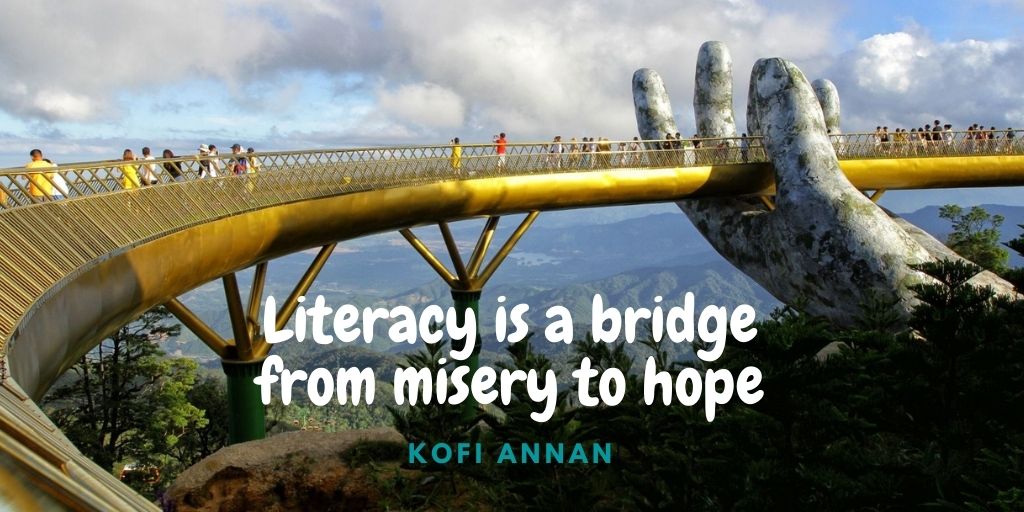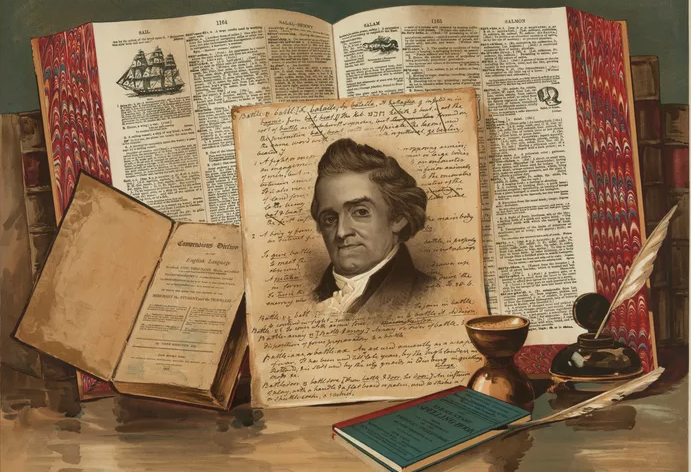The 8th of September was proclaimed International Literacy Day by the UNESCO in 1966 to remind the international community of the importance of literacy for individuals, communities and societies as a matter of dignity and human rights, and the need for intensified efforts towards more literate societies.
International Literacy Day 2020 will focus on ‘Literacy teaching and learning in the COVID-19 crisis and beyond’, and namely the role of educators and changing pedagogies. The theme highlights literacy in a lifelong learning perspective and the importance and value of literary education for youth, adults and the wider global culture.
Did you know?
• 773 million adults and young people lack basic literacy skills
• 617 million children and adolescents are not achieving minimum proficiency levels in reading and mathematics
• During the initial phase of the pandemic, schools were closed disrupting the education of 62.3 per cent of the world’s student population of 1.09 billion.
In an age of enlightenment, technology and modern living, it is amazing that so many adults worldwide don’t possess the most basic literacy skills.
Literacy skills are all the skills needed for reading and writing. They include such things as awareness of the sounds of language, awareness of print, and the relationship between letters and sounds. Other literacy skills include vocabulary, spelling, and comprehension.
And while basic literacy has been popularly defined as a form of abilities to read, write, and do basic arithmetic or numeracy, being a literate person today in our modern developed societies means more than being able to just read and write. In a world diverse with cultures, print texts, media, and technologies, a literate person needs to possess more specific capabilities.
Let’s use this day to raise awareness and as an opportunity to celebrate and commemorate the importance of literacy in our daily lives. We are privileged.




